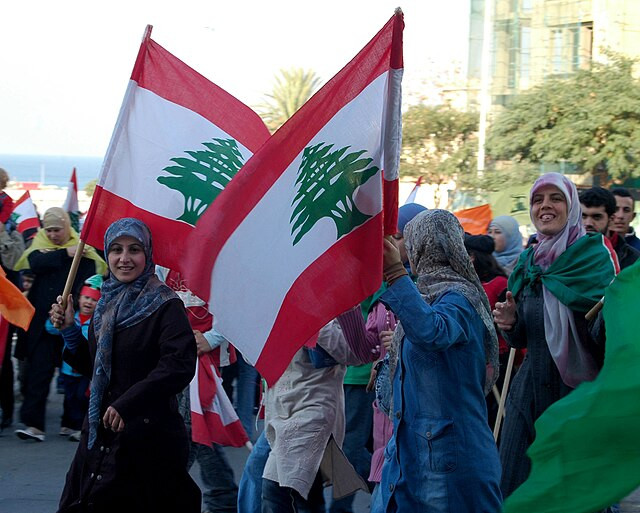This week, a wave of deadly explosions rocked Lebanon and Syria, leaving dozens dead and hundreds injured, as tensions between Hezbollah and Israel continue to escalate. The first explosion occurred on Tuesday, when pagers used by Hezbollah members simultaneously detonated across Lebanon and Syria, killing at least 12 people, including children, and injuring thousands more. On Wednesday, another wave of explosions followed, this time targeting walkie-talkies and other electronic devices, killing at least 20 more and wounding over 450.
These attacks are widely believed to be the work of Israel, which has a long history of covert operations against Hezbollah. The Israeli military has declined to comment, but a U.S. official, speaking anonymously, confirmed that Israel had briefed the United States on the operation. Hezbollah, the Iran-backed militant group, and the Lebanese government have blamed Israel for both waves of explosions, which targeted electronic devices used by Hezbollah members.
The attacks come at a time of heightened tensions between Israel and Hezbollah, with fears growing that the conflict could escalate into full-scale war. Israel has a history of carrying out sophisticated operations behind enemy lines, and Tuesday's pager bombings appear to be a complex operation targeting Hezbollah. The detonations occurred in locations where Hezbollah members were carrying pagers, including homes, cars, and cafes, causing significant civilian casualties. Hezbollah has long used pagers to communicate, believing them to be less vulnerable to Israeli surveillance than mobile phones.
The sophistication of the attacks has raised concerns about supply chain interference, with experts speculating that small explosive devices may have been planted in the pagers before they were delivered to Hezbollah. Sean Moorhouse, a former British Army officer and explosive ordnance disposal expert, said the operation likely required the involvement of a state actor like Israel, noting that pagers already contain several components of an explosive device.
In Wednesday's attacks, walkie-talkies used by Hezbollah members exploded during a funeral for some of the victims of the first attack. Lebanon's official news agency reported that solar energy systems in homes in Beirut and southern Lebanon had also exploded, adding to the fear and chaos in the region. The attacks have left many questioning how such widespread infiltration of Hezbollah's communications could have occurred.
The devices in question were pagers manufactured by Taiwanese company Gold Apollo, though the company said that a Hungarian firm had produced and sold the devices. Icom, a Japanese company that produces walkie-talkies, stated that the exploded devices in Lebanon were not made by them, leading to speculation that Hezbollah may have been using counterfeit or modified equipment.
As the investigation into the attacks continues, experts believe the operation must have taken months, if not years, to plan. The attack highlights the long-standing conflict between Hezbollah and Israel, with Israel's intelligence agency, Mossad, suspected of orchestrating the explosions. Israel has used similar tactics in the past, such as the 1996 assassination of Hamas bombmaker Yahya Ayyash, whose cell phone was rigged with explosives.
The scale and precision of this week's attacks suggest that Israel had been gathering intelligence on Hezbollah for an extended period. Nicholas Reese, an adjunct instructor at New York University's Center for Global Affairs, noted that the operation would have required infiltrating Hezbollah's supply chain and developing technology that could remotely trigger the explosions.
The attacks are the latest in a series of covert Israeli operations targeting Hezbollah, which Israel views as a major threat in the region. While Hezbollah investigates the type of explosives used in the devices, questions remain about how the group's communications were compromised. Some experts have suggested that the pagers may have contained GPS systems allowing Israel to track the movements of Hezbollah members.




